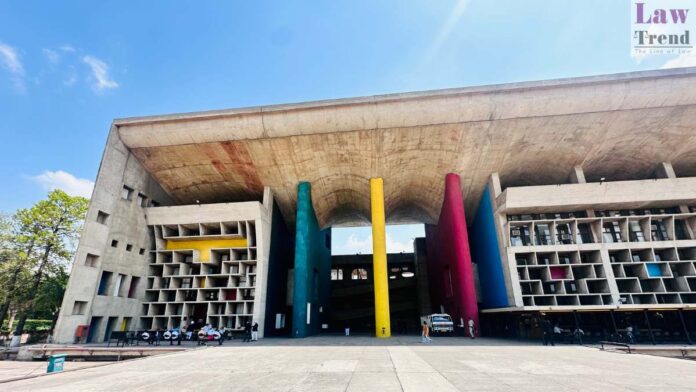The Punjab and Haryana High Court has dismissed the anticipatory bail plea of Vikas Tomar, a Gurugram resident accused of replacing the national flag atop a mosque with a saffron flag, observing that the alleged act carries “serious communal and constitutional implications.”
Justice Manisha Batra, while rejecting Tomar’s plea, noted that the allegations against him are neither vague nor general but are specific and supported by preliminary investigative findings, including purported audio and video recordings of the incident and conversations between the accused and his co-conspirators.
“The gravity of the offence and its potential impact on public order and communal peace cannot be overlooked at this stage,” the court observed.
Tomar had sought pre-arrest bail in an FIR lodged on July 7 at Bilaspur police station in Gurugram under various provisions of the Bharatiya Nyaya Sanhita, including Sections 299, 3(5), 61(2), and also under the Prevention of Insult to National Honour Act, 1971. He claimed he was falsely implicated and had no involvement in the incident.
The case pertains to an incident reported on July 7, when local police received information that the national flag hoisted on a mosque in the Bilaspur locality had been replaced with a saffron flag by anti-social elements. A complaint was filed, naming three individuals and including supporting audio-visual evidence.
During the investigation, Tomar’s alleged role emerged. The state’s counsel submitted before the court that the accused, with an intent to provoke communal tension, orchestrated the removal of the national flag from the mosque in Uton village and replaced it with a saffron flag to hurt the religious sentiments of the Muslim community.
Arguing against the bail plea, the state maintained that custodial interrogation was necessary for a thorough probe. The court concurred, noting that custodial questioning is often more effective in eliciting critical information. “No extraordinary or exceptional circumstance has been brought on record by the petitioner that would warrant the court’s interference in his favour,” the bench said.




